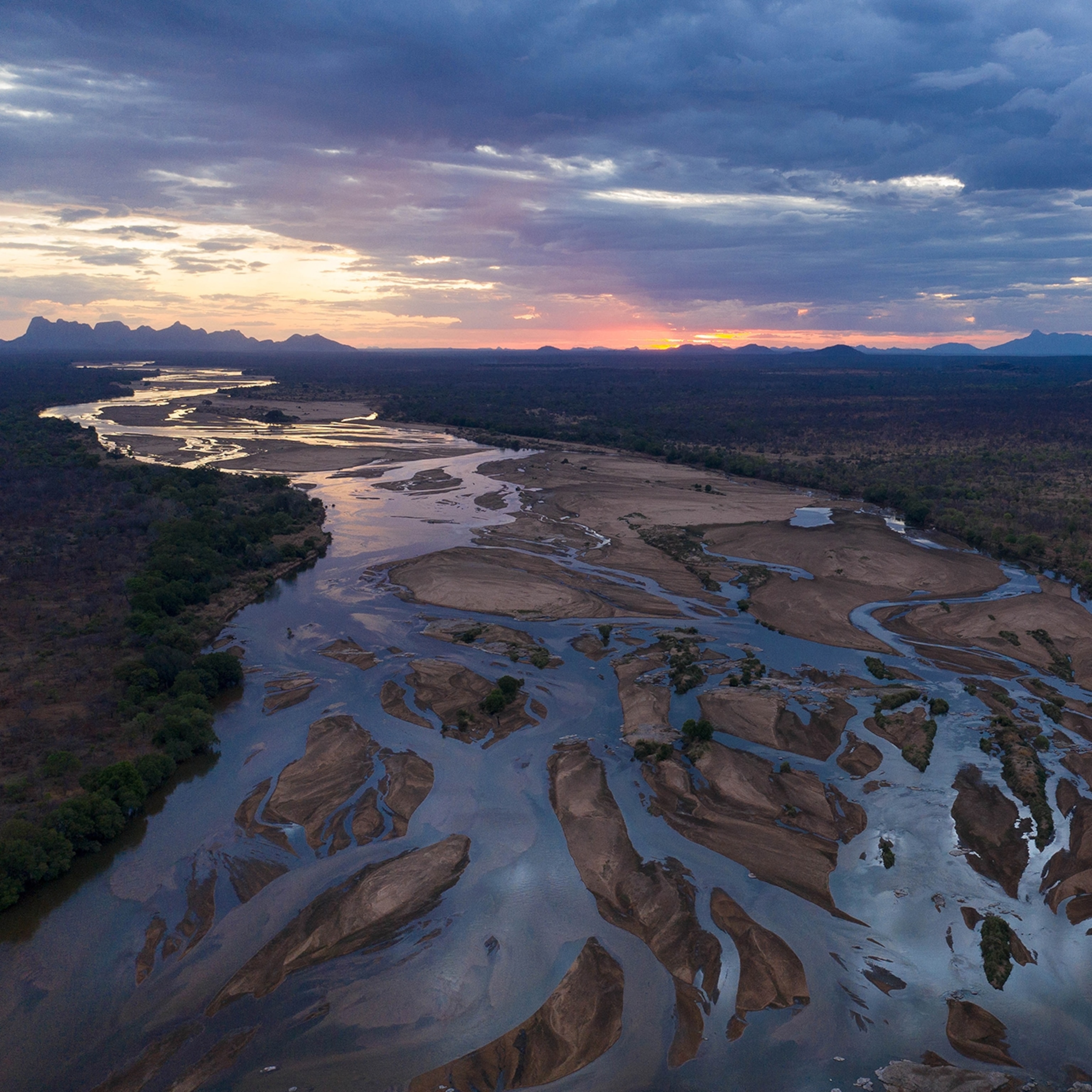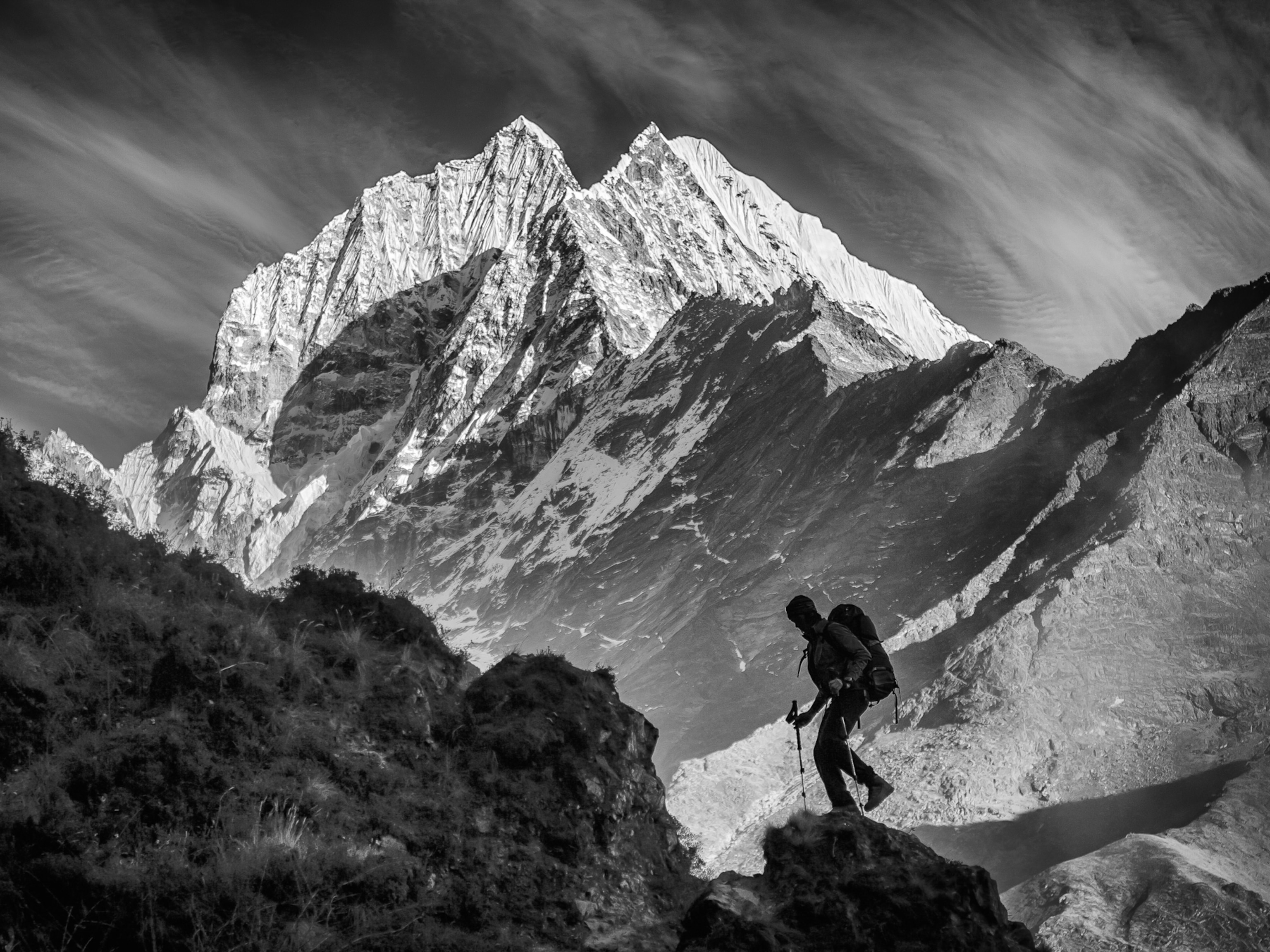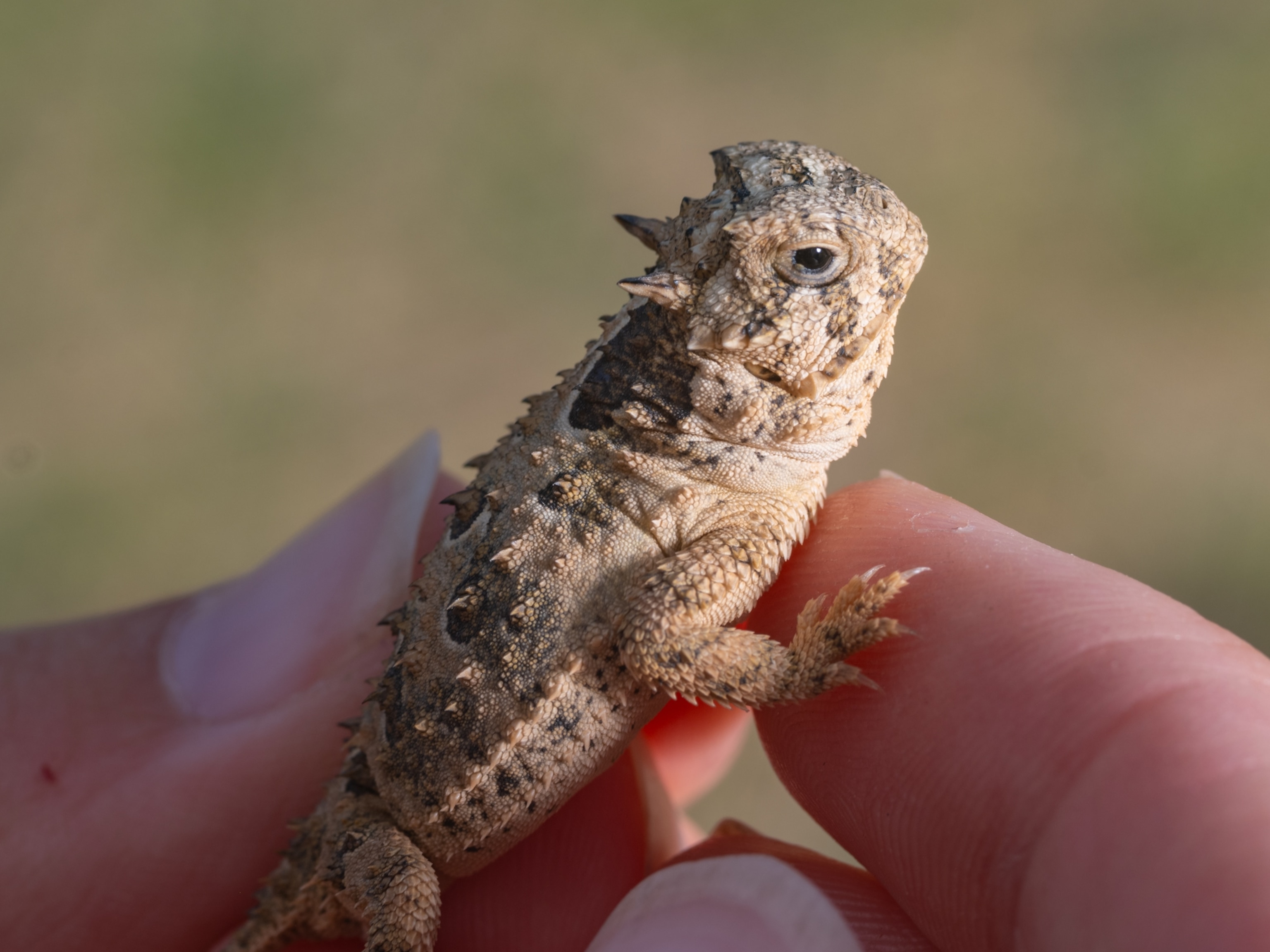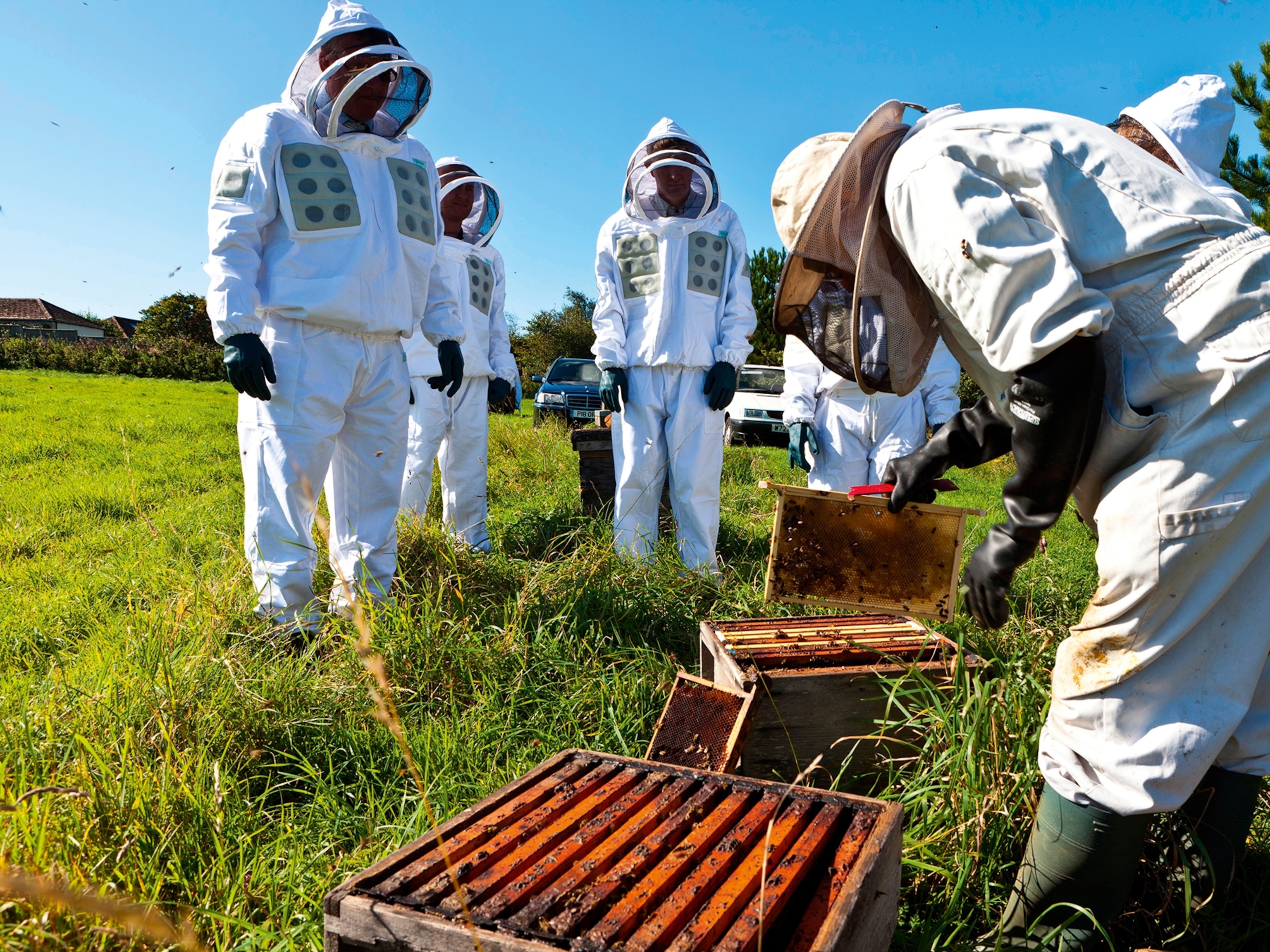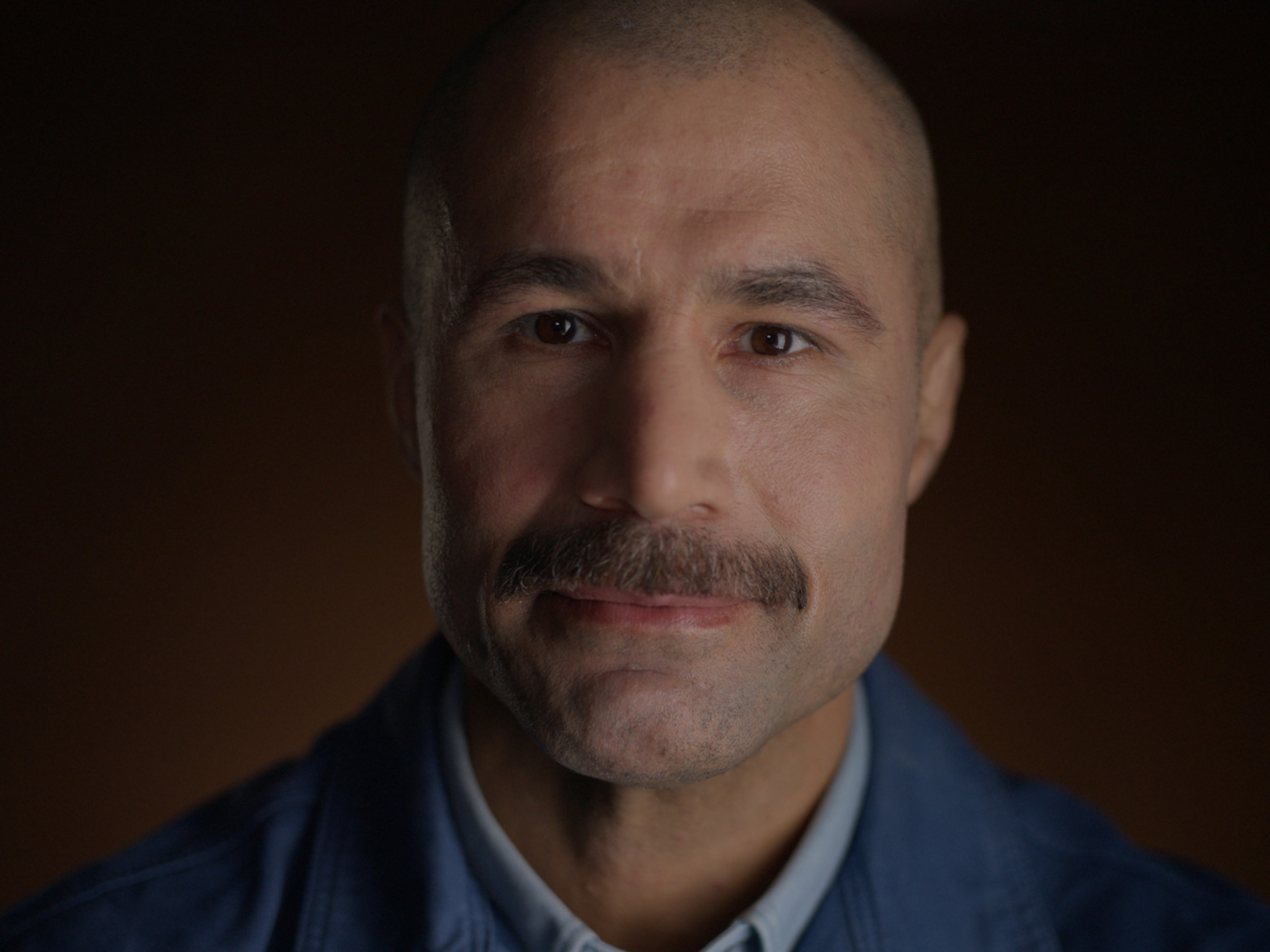What You Don't Know About Sochi
The Winter Olympics are Putin's chance to host a world-class sports event. But it isn't an easy sell with volatile regions close by.
As the Winter Olympics get under way, all eyes are on the athletes, their coaches, and the destination: subtropical Sochi, the Black Sea resort town nestled below the westernmost slopes of Russia's troubled Caucasus region.
Sochi's geography and history have loomed large over the Winter Games. The uncertainty of snow in an area best known for its palm trees and the small city's vulnerability to possible terror attacks emanating from the long-volatile North Caucasus region have both cast a shadow over the games. (Drag the slider on the photo above to see how the Sochi region has changed in preparation for the games.)
At first it was Sochi's climate that garnered attention. The small city of 400,000 falls in a subtropical, humid zone that made it a premier summer vacation spot for the Soviet elite. Joseph Stalin even had a dacha, or country home, nearby.
The Olympic outdoor events, however, will be held in the mountain resort area of Krasnaya Polyana, about 30 miles from Sochi, where enough natural snow has now fallen (augmented by snowmaking machines and snow kept in storage from last year) to allay concerns that President Vladimir Putin had geographically miscalculated on Sochi. (Read "Putin's Party" in National Geographic magazine.)
"There's no doubt that Putin's vanity is involved here, but we shouldn't pretend that this region makes no sense for winter sports events," says Stephen Sestanovich, former U.S. ambassador-at-large for the former Soviet Union from 1997 to 2001.
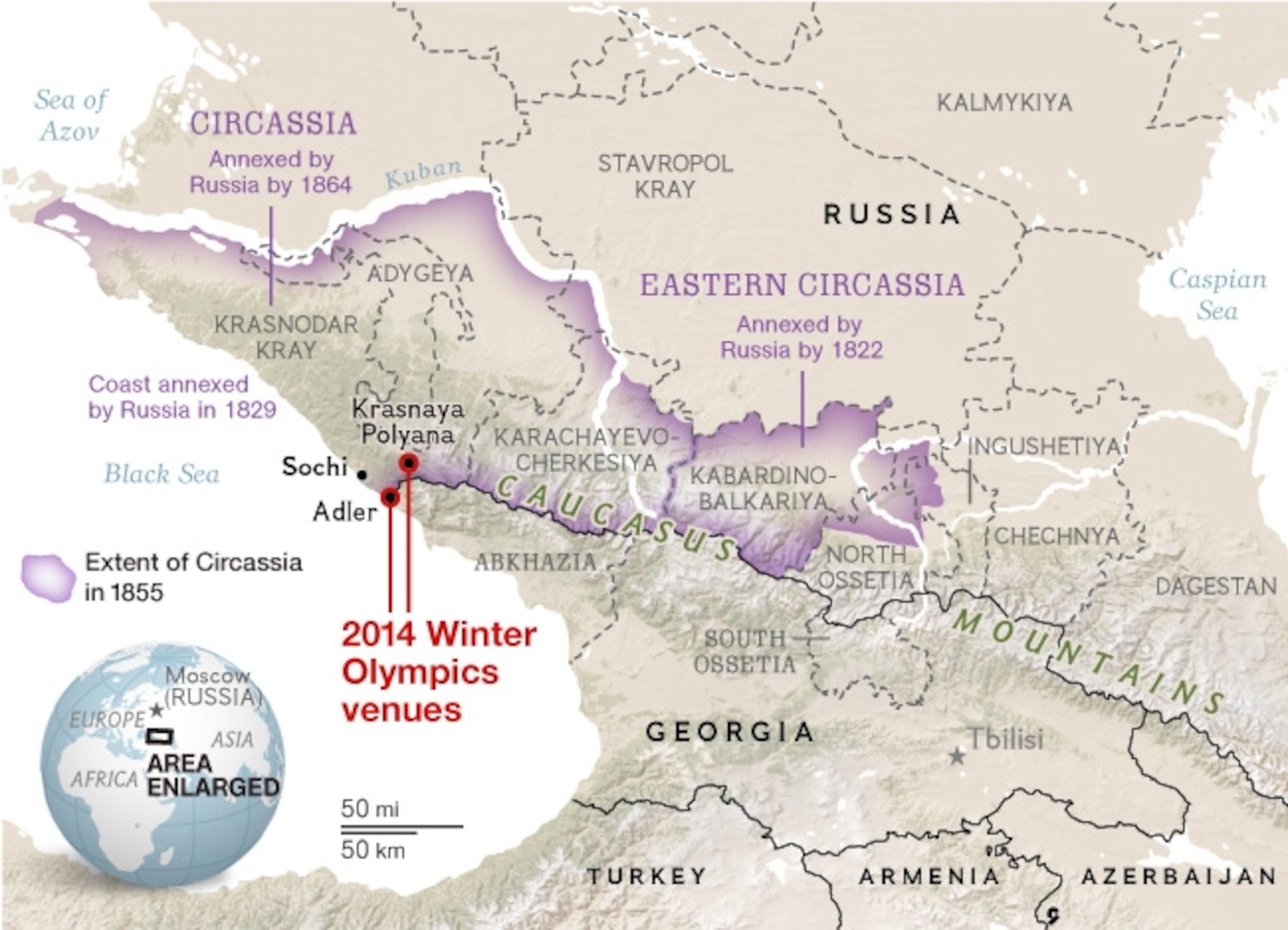
Putin's Pride
Putin is sparing no expense—$51 billion (U.S.) and counting—in his effort to show that even in its turbulent south, Russia is a safe and modern state, capable of glamour and sport.
In 2007, a few months after Sochi had won its Olympics bid, Angela E. Stent—director of the Center for Eurasian, Russian and East European Studies at Georgetown University—met with Putin at the coastal presidential villa in Sochi as part of an annual scholars meeting with the president.
"You could see this was something personal for him," she recalls.
Putin, however, said it's designed to lift spirits. "After the collapse of the U.S.S.R. and the difficult and bloody events in the Caucasus, the general state of society is one of dejection and pessimism. We need to cheer up," Putin told reporters last month. "We need to understand and feel that we can put on such large-scale projects."
Sochi's Dark Side
During the Soviet era, the city earned a dual reputation as a playground for vacationers and criminals alike. V gorodye Sochi, tyomnye nochi is a rhyming phrase familiar to many Russians (and also the title of a late Soviet-era comedy). It roughly translates as "In the city of Sochi, the nights are dark" and is a reference to the city's reputation for criminal activity like gambling and mafia protection rackets for the hotels and tourist industry.
But it is the region surrounding Sochi that has been at the root of security concerns and a massive military and police buildup to protect the games.
In part that's because the games themselves are reigniting deep enmity over Russia's presence in and near the North Caucasus.
"The North Caucasus is a cauldron and pretty unstable, even though there is not a large-scale war going on right now," says Stent.
Some of the violence is fresh in people's minds: the Russian-Georgian military clashes of 2008, the still-disputed territory of Abkhazia south of Sochi on the Black Sea, and the extreme and cyclical bloodshed between Russian and Chechen forces after the collapse of the Soviet Union, to name just a few examples. (See "Boston Bombing Suspects Put Chechnya in Spotlight.")
Terror attacks are not uncommon, and some examples not far from Sochi have included recent bombings in Volgograd (formerly Stalingrad), the brutal 2004 hostage-taking of schoolchildren in North Ossetia, and countless kidnappings and violent clashes. Last month saw reports of six bodies discovered laced with explosives near the spa town of Pyatigorsk, east of Sochi and close to the republic of Karachay-Cherkessia (Karachayevo-Cherkesiya).
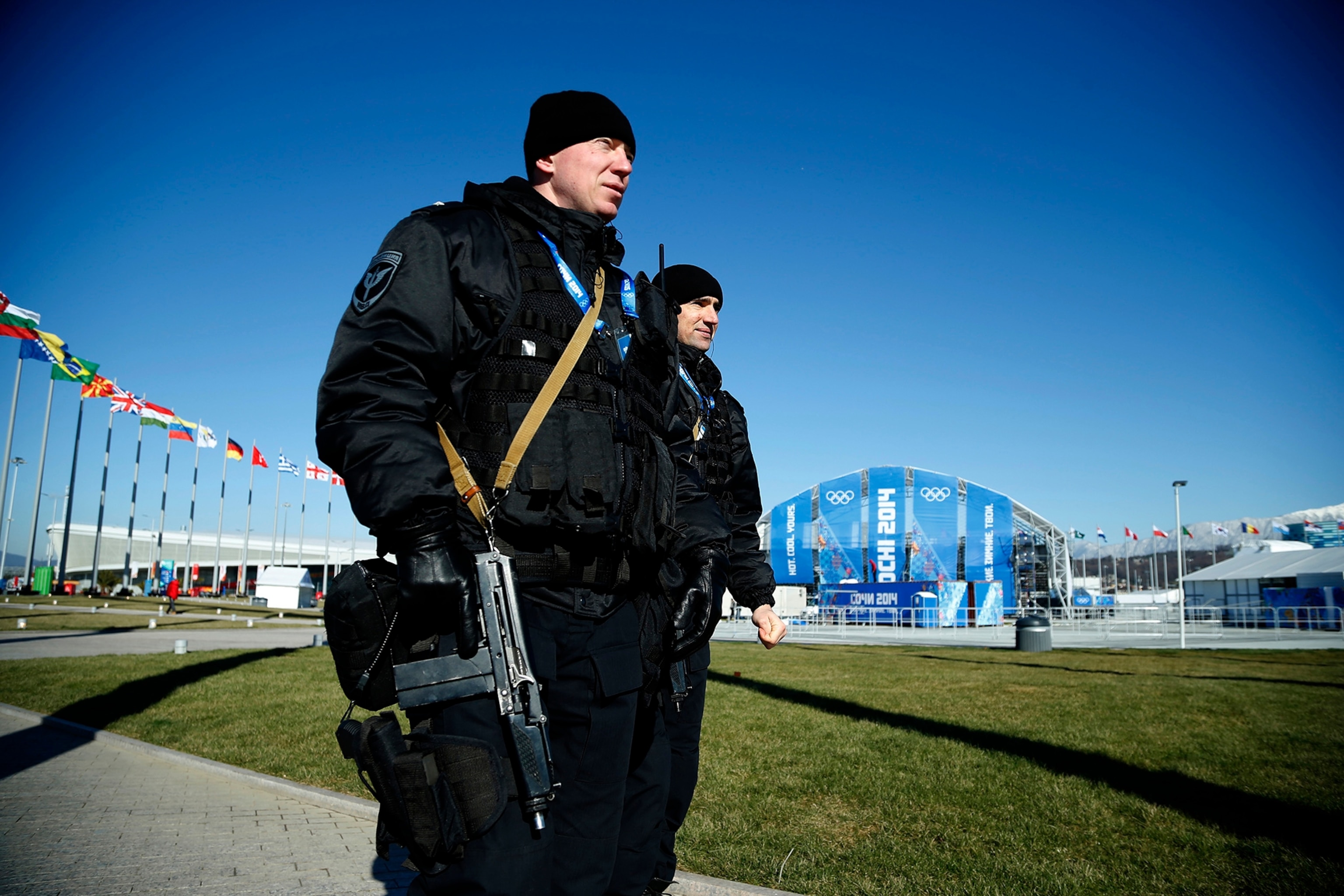
Bloody History
"Cherkessian" comes from the Russian word for "Circassian"—and it is that particular tribe's troubled history with Russia that is being used by militants as a prime pretext for threats of violence against the games.
The 2014 games fall during the 150th anniversary year of the defeat of the Circassians, who fought for just over a century against the Russian Empire but were felled by Tsar Alexander II in 1864. Hundreds of thousands were killed or exiled across the Black Sea to modern-day Turkey.
Many in the Circassian diaspora have peacefully protested the Olympics, but the games have also become a rallying cry for Islamic militants who have posted YouTube videos "calling them 'games on our bones' and threatening to attack" says Andrei Soldatov, an investigative journalist in Moscow with the Agentura.ru website, which covers Russia's security services.
One hundred and fifty years ago, "the region around Sochi would have been one of the last strongholds as the mountaineers retreated down the ravines to the Black Sea to desperately take ships to the Ottoman Empire," says Austin Jersild, associate professor of history at Old Dominion University in Norfolk, Virginia, and a specialist in the 19th-century Russian expansion into the Caucasus.
"Those mountains and ravines where they were murdered as they fled are where the games are being held. The coming-together of contemporary politics, geography, and history in this one place at this one time is almost bizarre."
At the time, the conquest of the tribe was defended as part of the Russian Empire's expansion into the south beginning in the 18th century, and it was part of the larger colonial story of the time—which included the French in North Africa and European settlers in North America, says Jersild.
Russia's first foothold in the region was in Georgia, where it gained control in 1783. But the centuries that followed saw Russia struggling to maintain power over rebellious mountain tribes throughout the Caucasus, and the turmoil and tension has played out well into the current century, and into the current Olympic Games.
Are you in Sochi for the Olympics this year, or enjoying them at home? Share your photos with the Your Shot community using #SOCHI2014.

